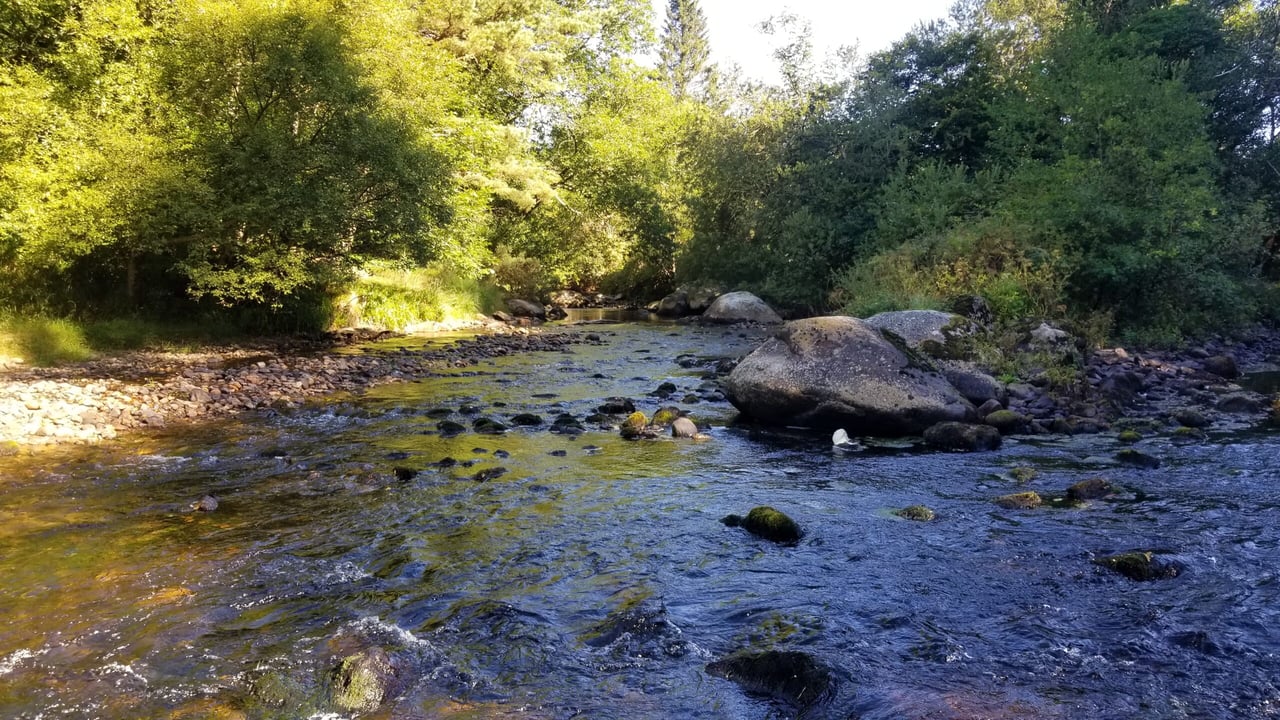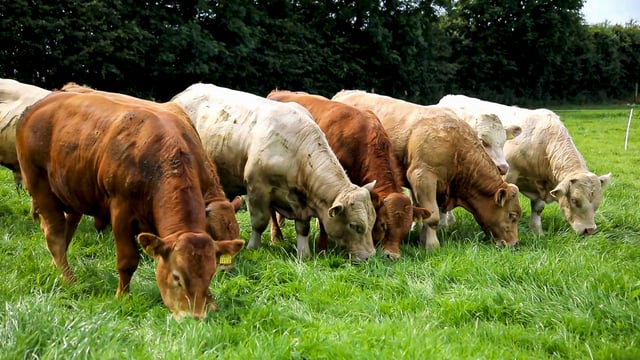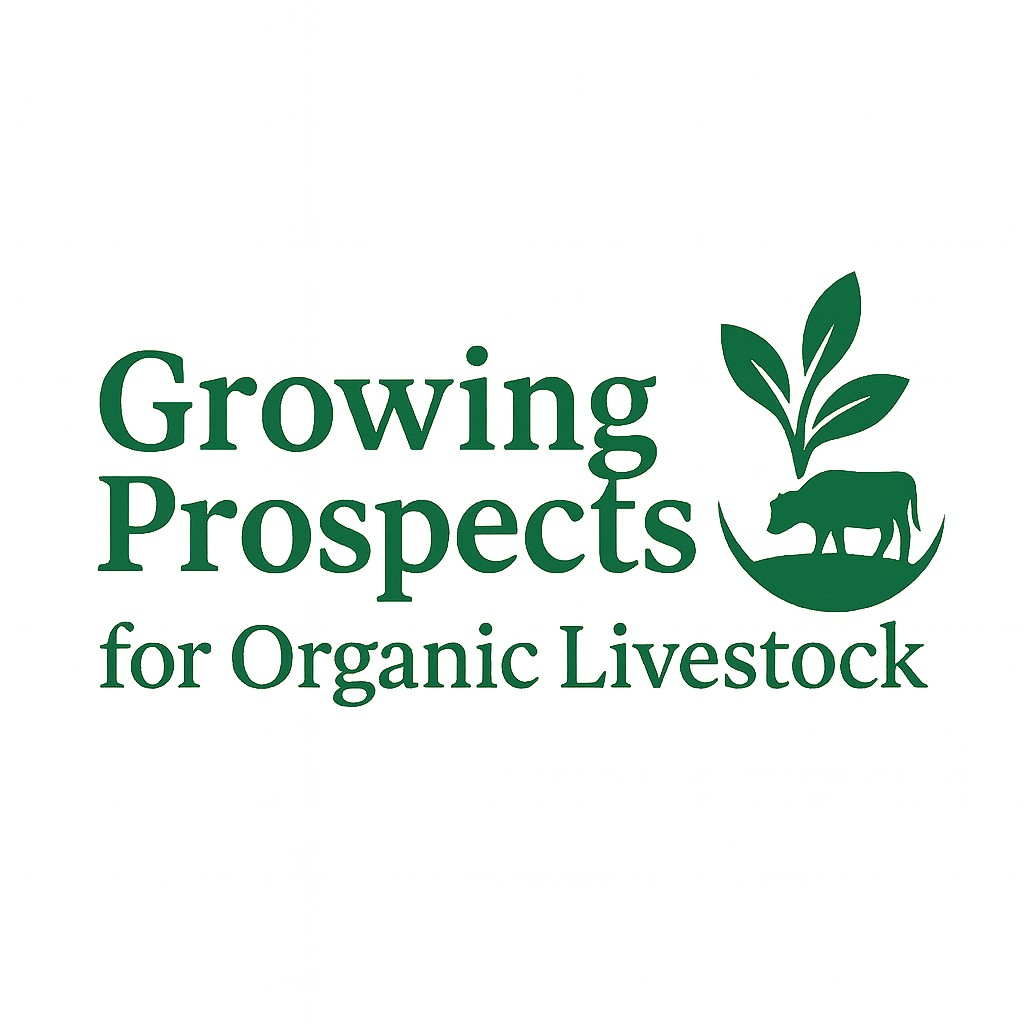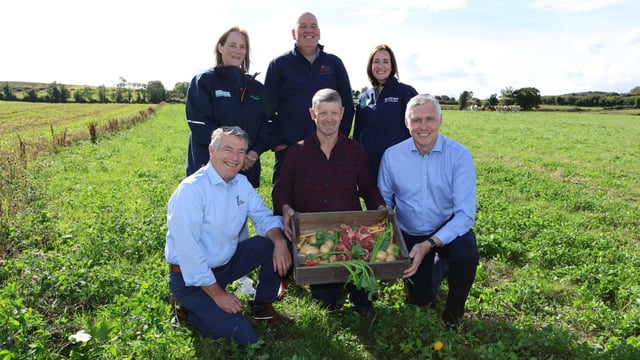Water quality project to reward farmers in five catchments
Landowners and foresters in five catchment areas across the country can benefit from results-based payments by trialing water quality protection and improvement measures.
Measures and guidance to improve and protect Ireland’s water quality, which are to be trialled across five demonstration sites, have been published today (Friday, August 11).
The €20 million EU-funded Waters of LIFE project aims to reverse the deterioration of the most pristine waters in sites in Co. Clare, Cork, Galway, Roscommon, Kerry and Wicklow.
Measures to improve water quality by working with landowners, local authorities and communities are outlined in the Framework of Measures and Best Practice Guidance for High Status Objective Water Bodies.
The Waters of LIFE team, based out of Croom, Co. Limerick, will begin to roll out and test the measures contained in this report in the following catchments:
- The Shournagh, Co. Cork, near Tower and Blarney;
- The Awbeg, Co. Cork, near Kanturk;
- The Island River in the Galway/Roscommon area near Ballymoe;
- Rivers in the catchment of Lough Graney, Co. Clare;
- The Avonmore, Co. Wicklow;
- The Sheen, Co. Kerry, control river for the strategic project.
Sector-specific measures for agriculture, forestry, peat extraction, quarrying and domestic wastewater-treatment systems included in the report are ranked by effectiveness.
High-status or pristine waters are in close to pristine condition, rich in biodiversity and show little or no impact from human activity, the Department of Housing, Local Government and Heritage, which manages the project, said.
The sectors that have the greatest impact on high-status objective water bodies are agriculture, forestry, extractive industries and domestic wastewater-treatment systems, the report found.
The report includes 44 measures specific to agricultural activities. These include:
- Appropriate nitrogen (N) and phosphorous (P) application rates;
- Soil testing and Nutrient Management Planning (NMP);
- Management of farm roadways, supplementary feeders, poaching;
- Appropriate location of supplementary drinking troughs;
- Storing of silage bales;
- Using low crude protein animal feeds;
- Pesticides control and weed wiping;
- Liming of mineral soils;
- Low-emissions slurry spreading (LESS);
- Protected urea;
- Multi-species swards.
Participating landowners including foresters will be able to avail of support from a voluntary results-based payments scheme, linking higher environmental quality with higher payments.
Commenting that today's report highlights new and valuable insights into Ireland's highest status waters, Minister of State for Heritage and Electoral Reform, Malcolm Noonan said:
"We hope to see this knowledge put to good use, not just through the Waters of LIFE project but by farm advisors, landowners and all of the stakeholders working to improve water quality.
"The results-based payments scheme offered as part of this project will support and reward efforts made by landowners, including farmers and foresters to improve water quality in these five catchments."
He added that the success of this model has already been seen in other LIFE projects such as the Wild Atlantic Nature LIFE IP which granted in excess of €2.4 million in payments in 2022.
More actions are necessary to protect pristine waters, Waters of LIFE project manager, Anne Goggin said. The report helps to build knowledge on how best to address the pressures they face, she added.





